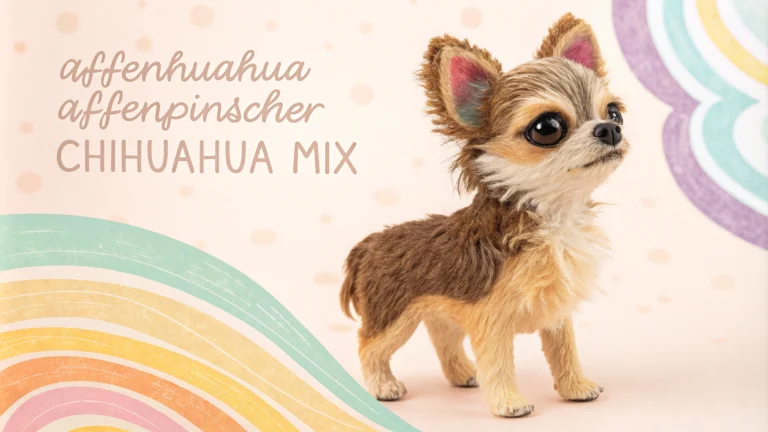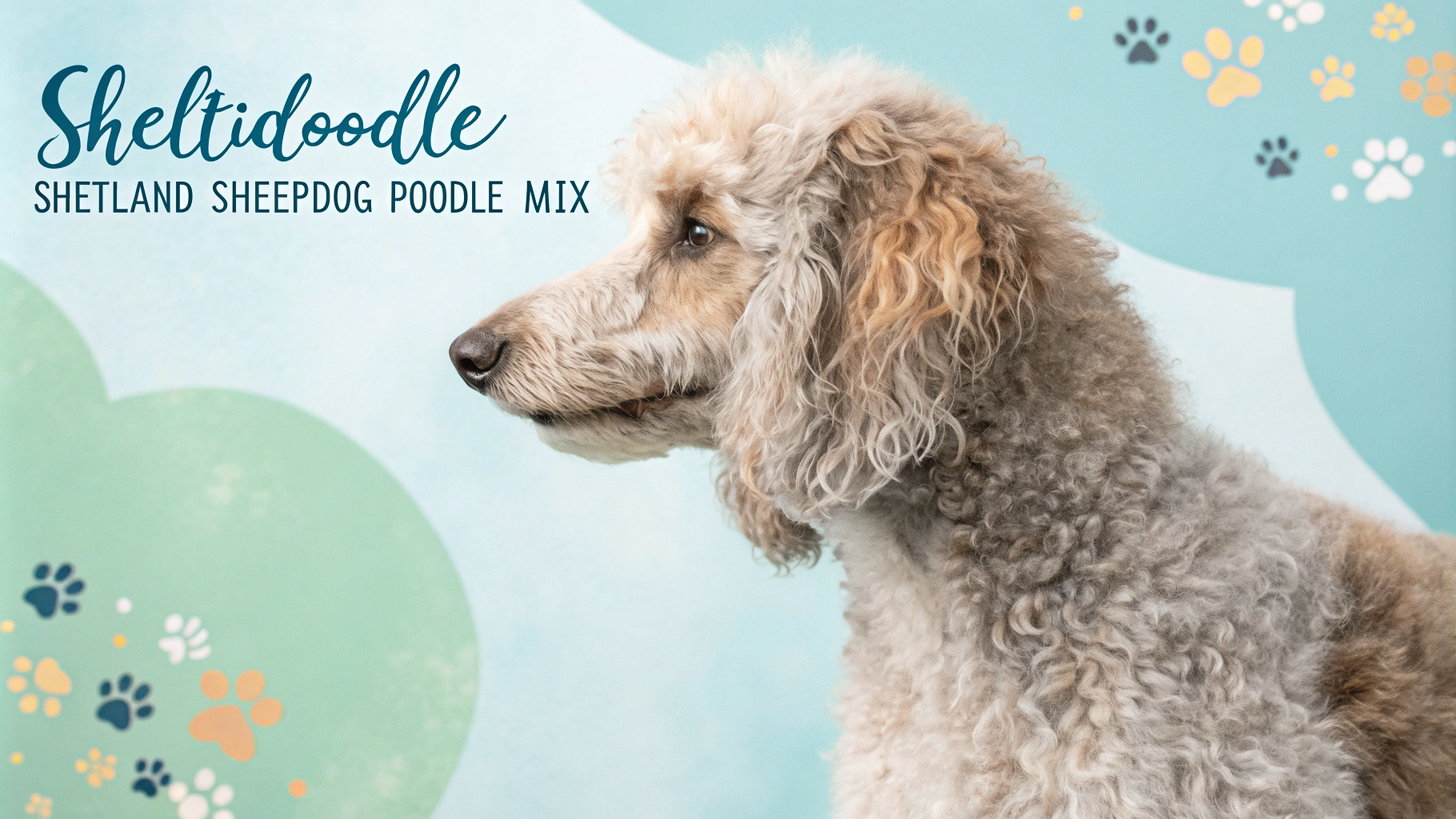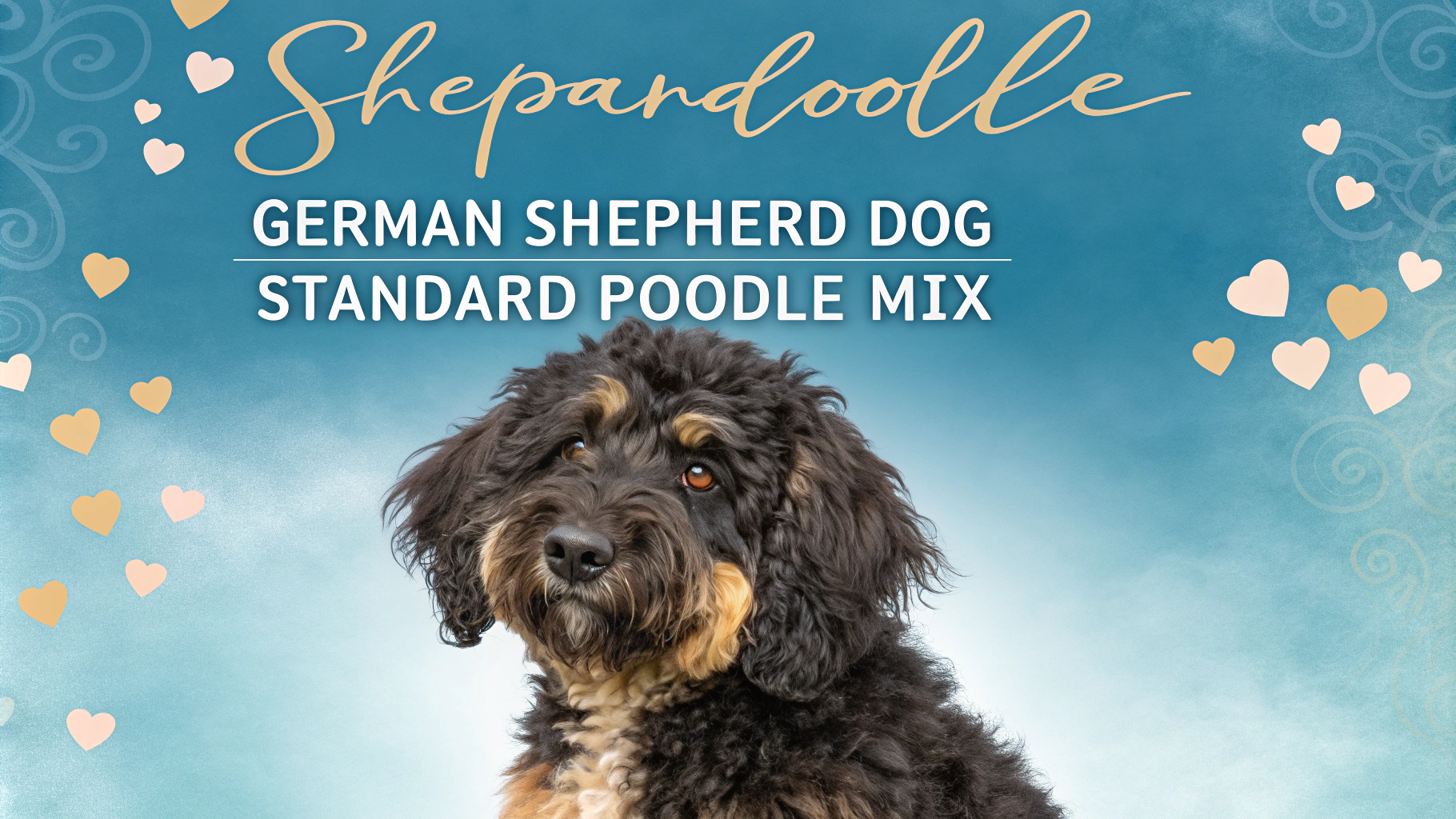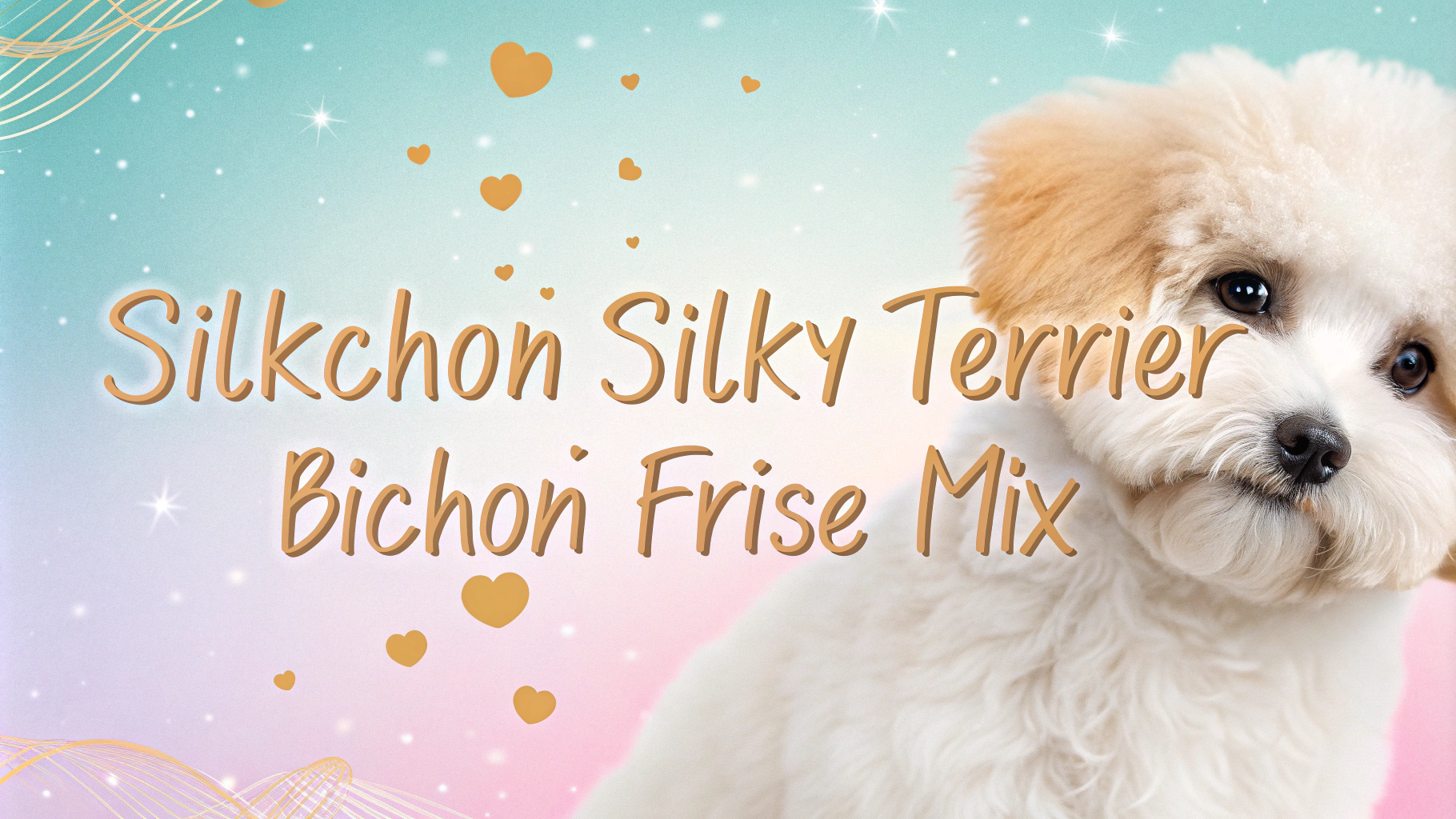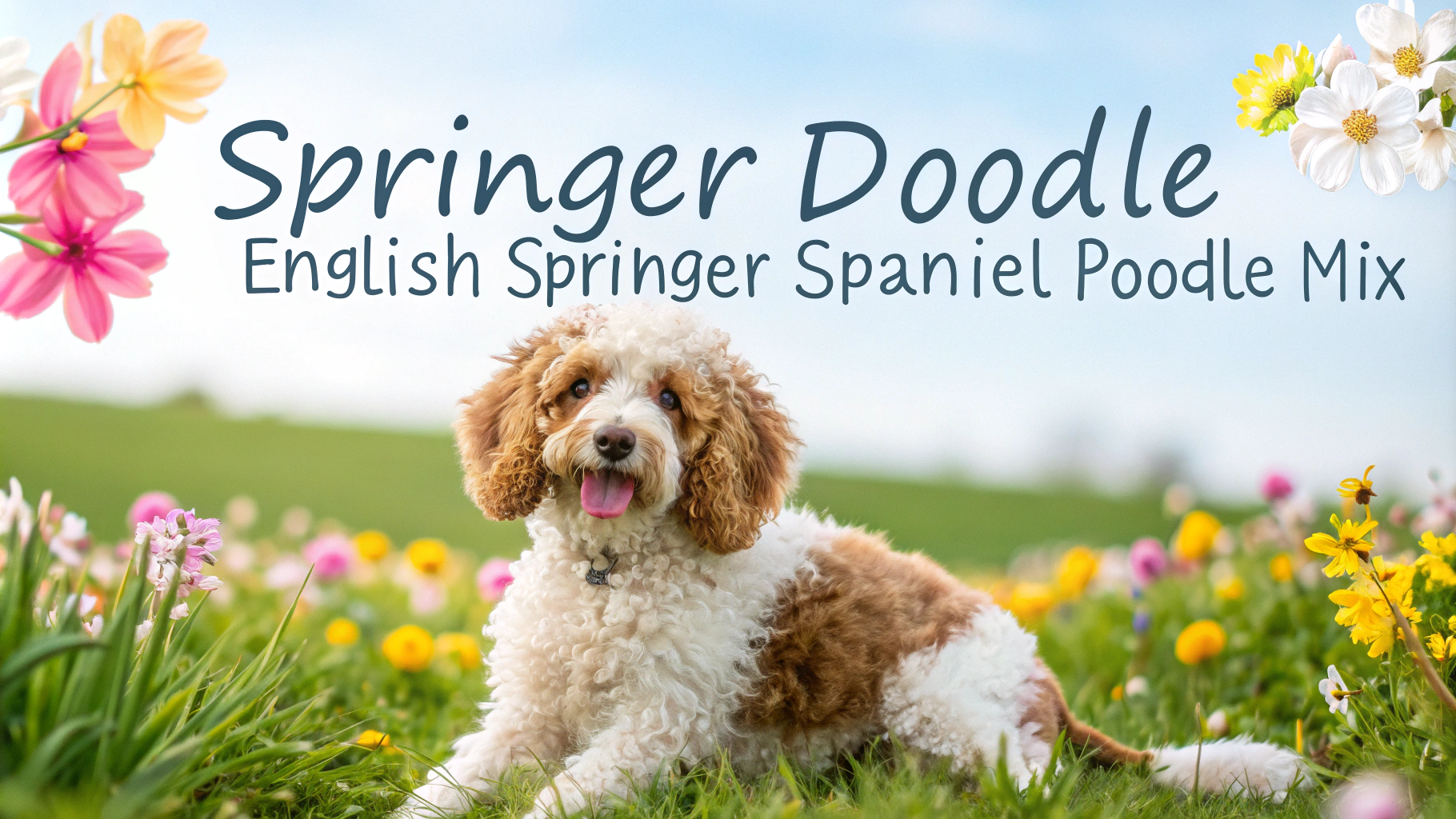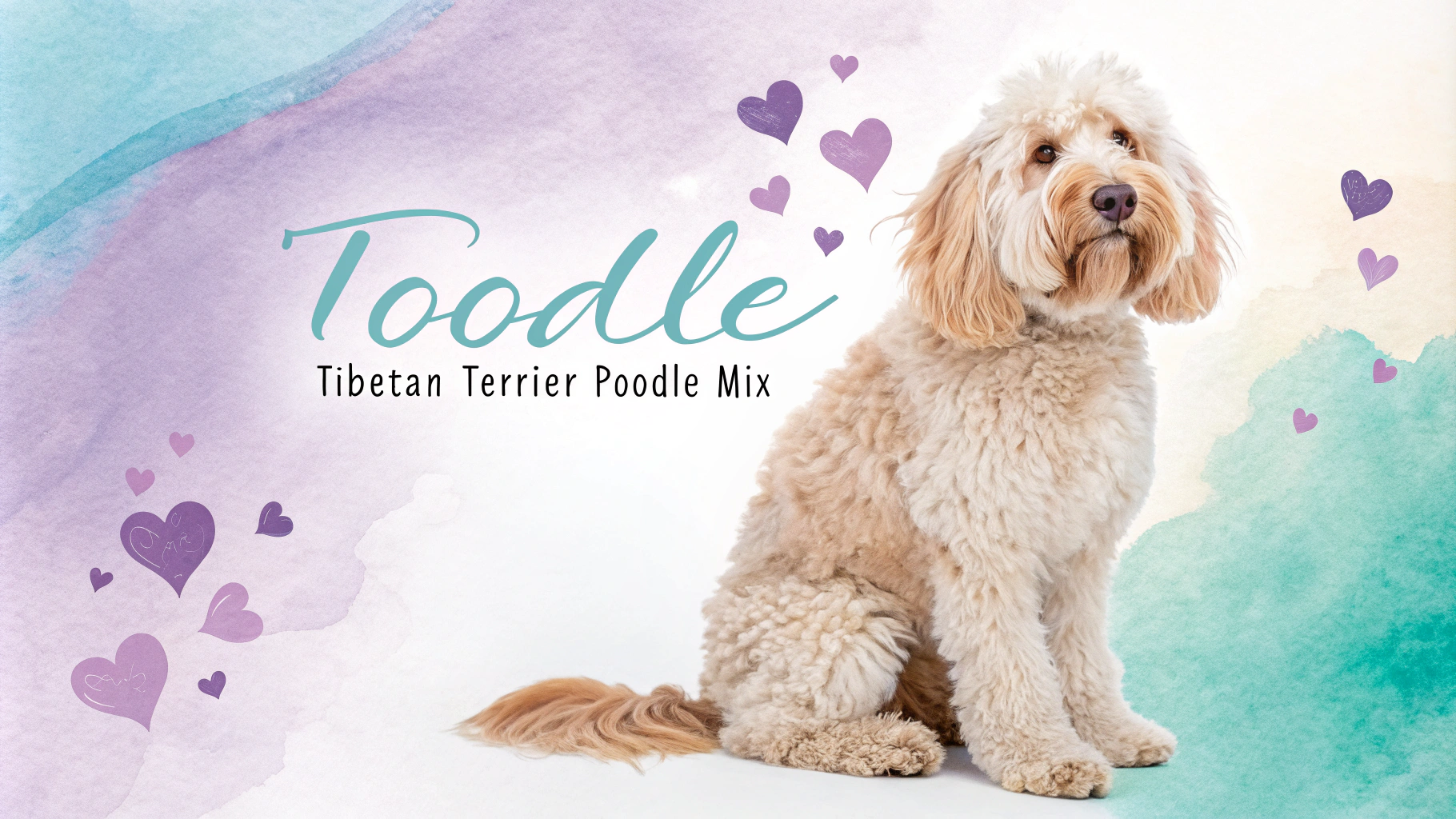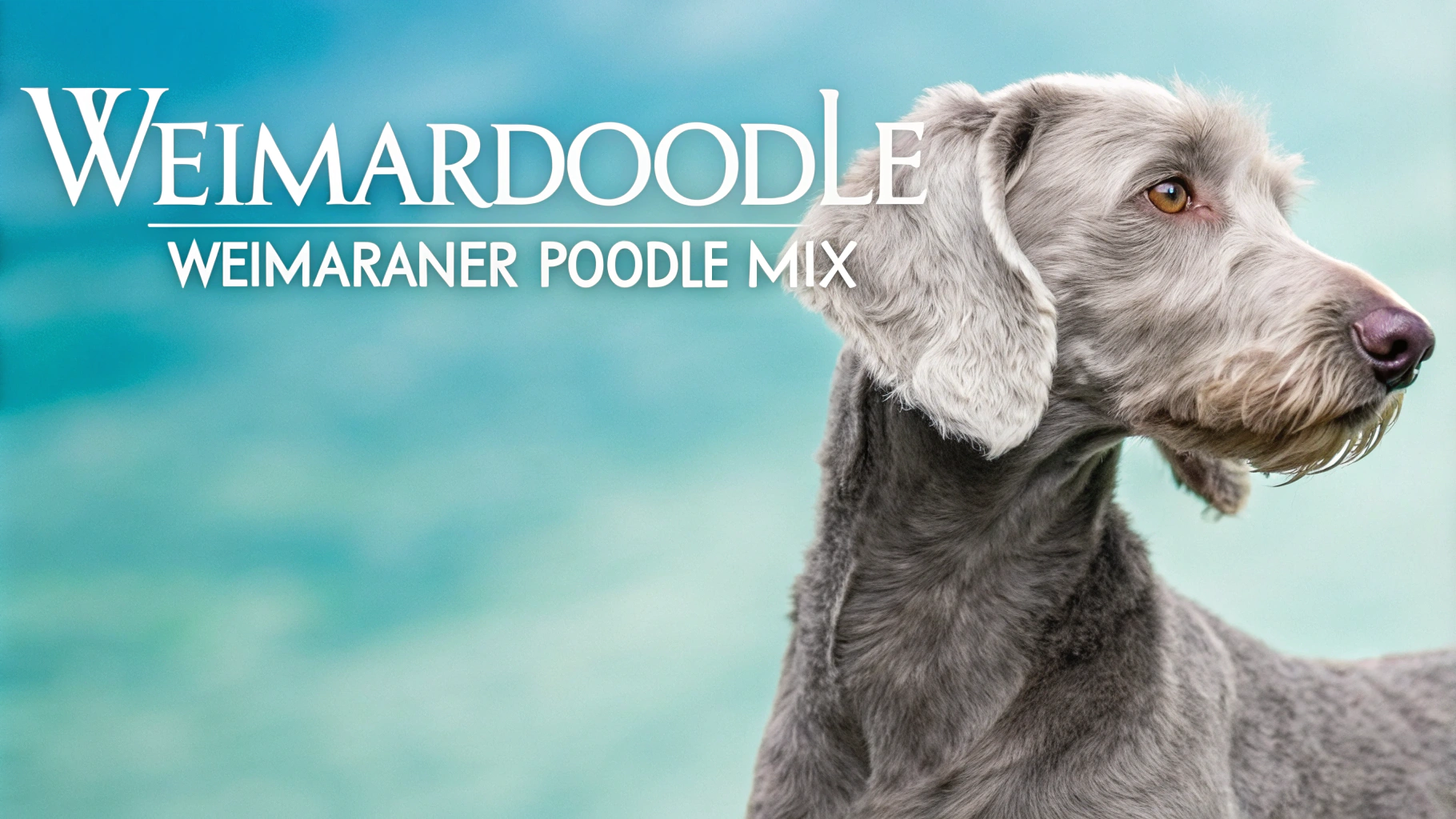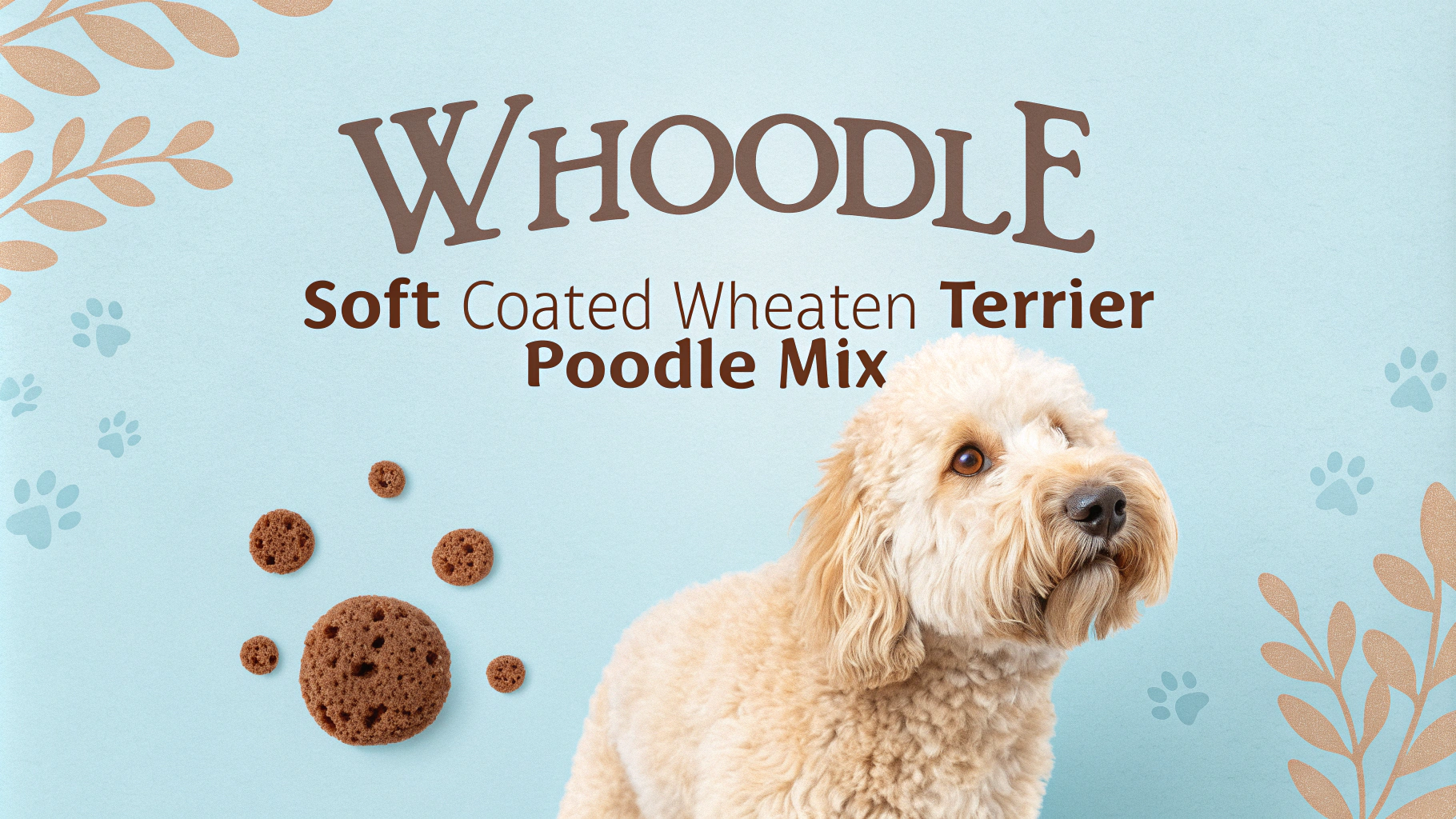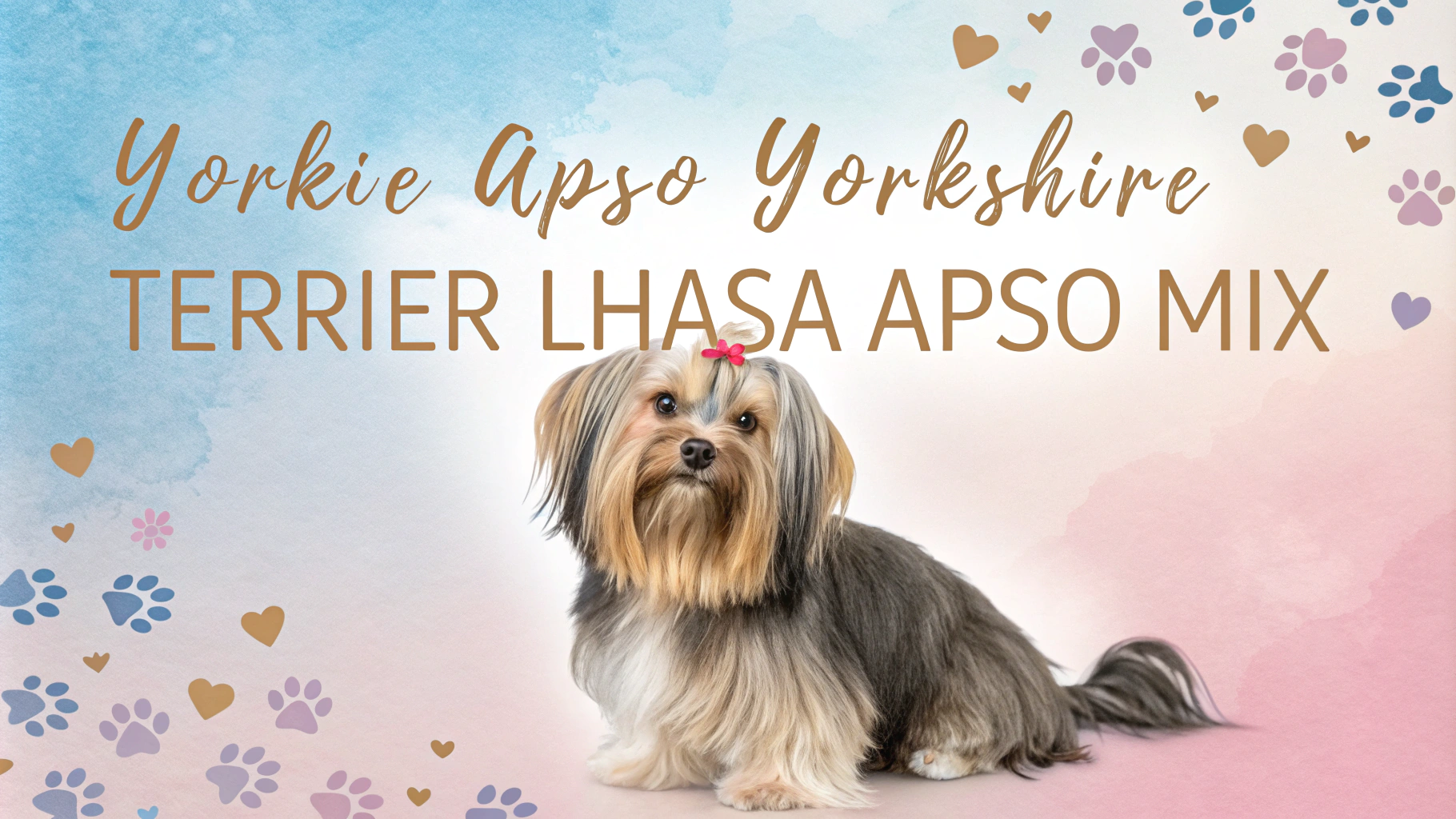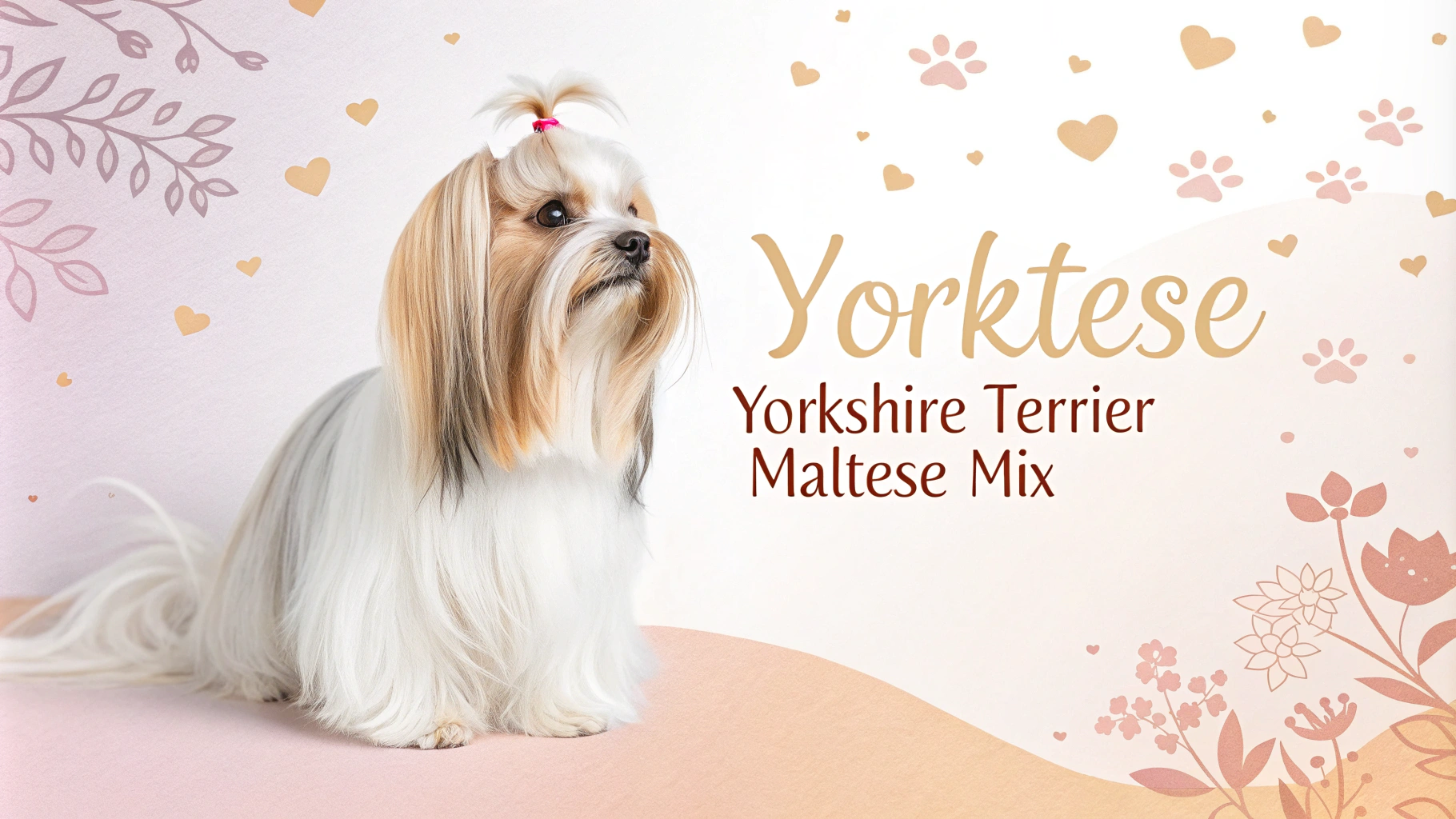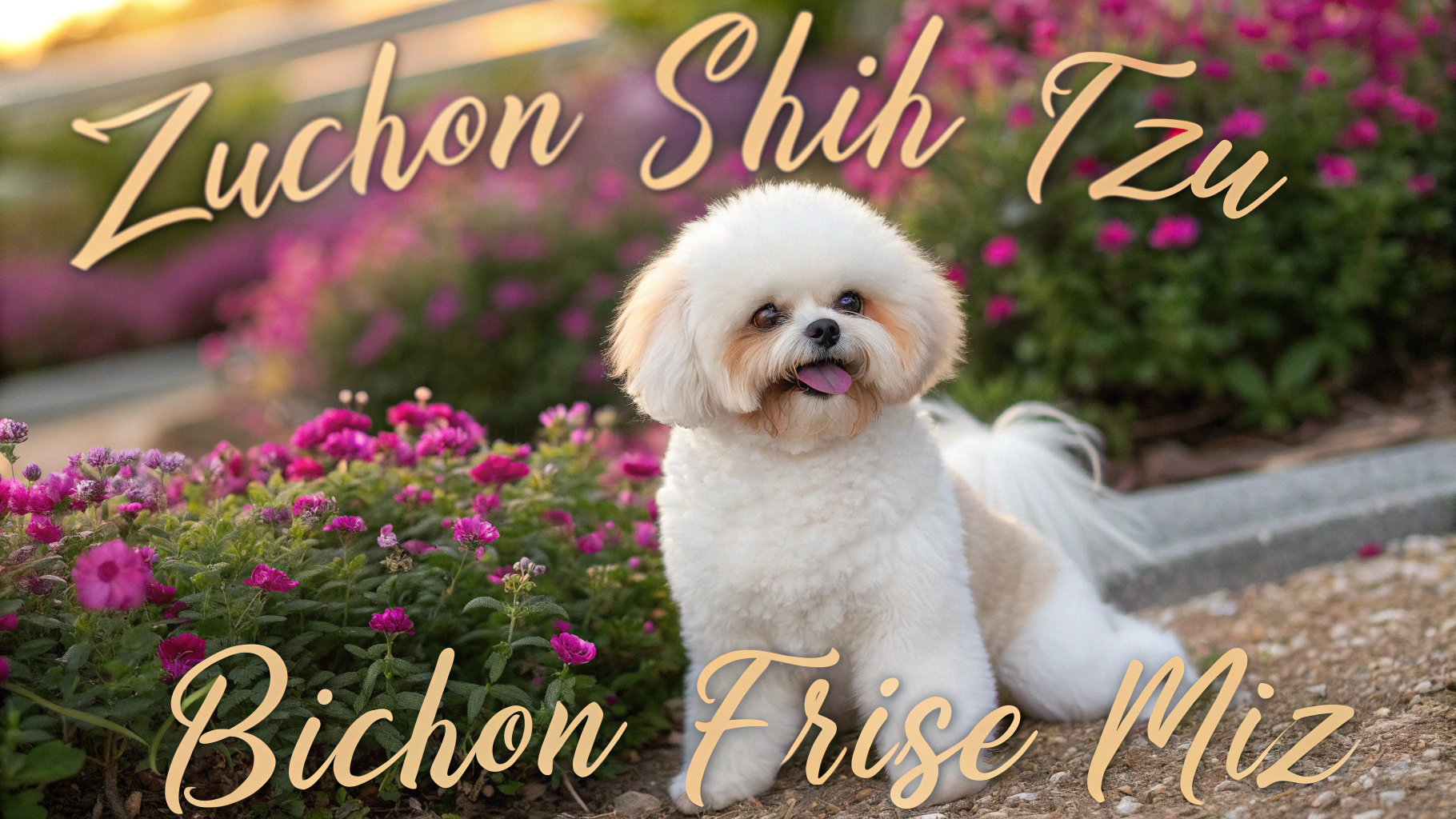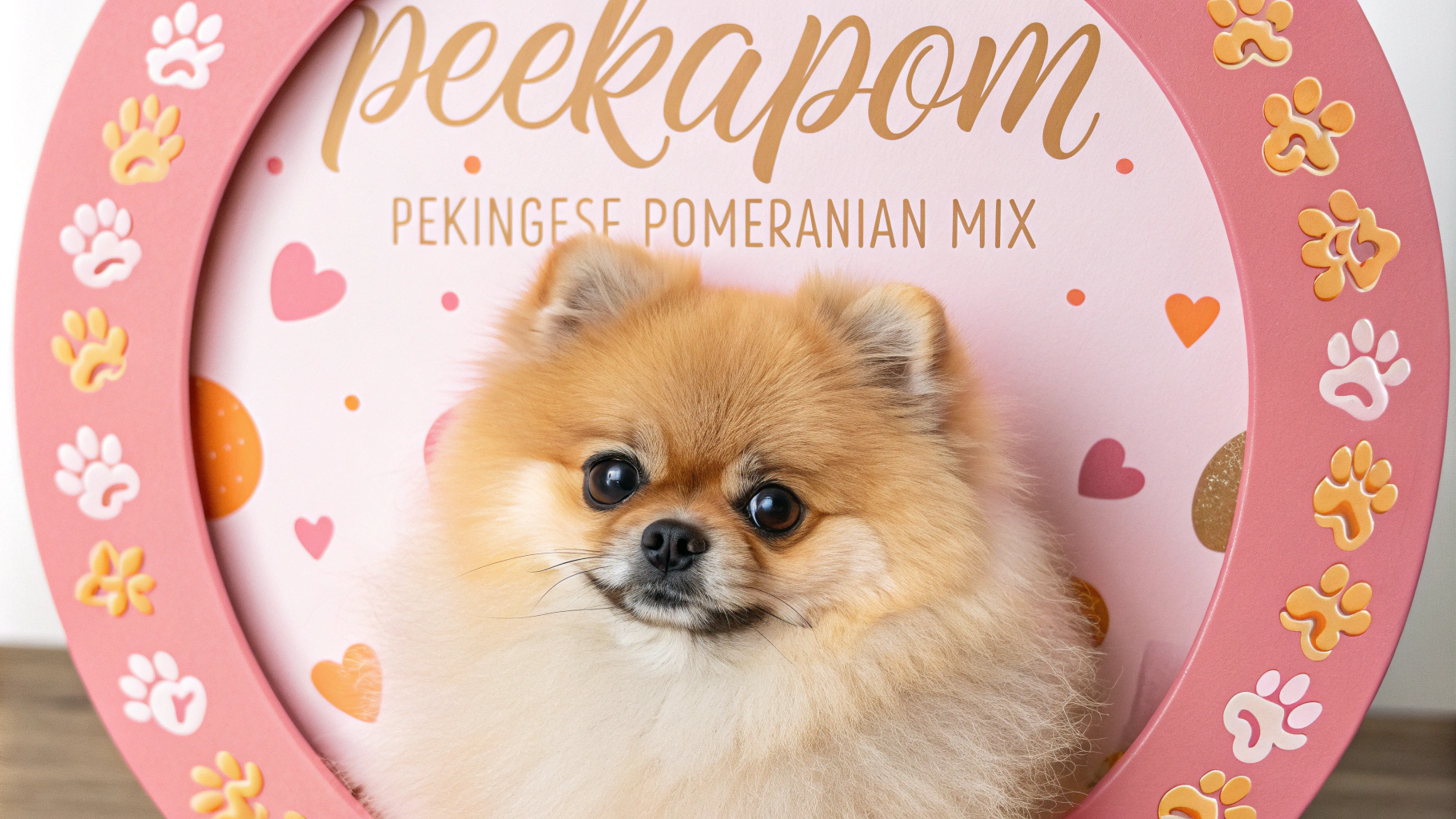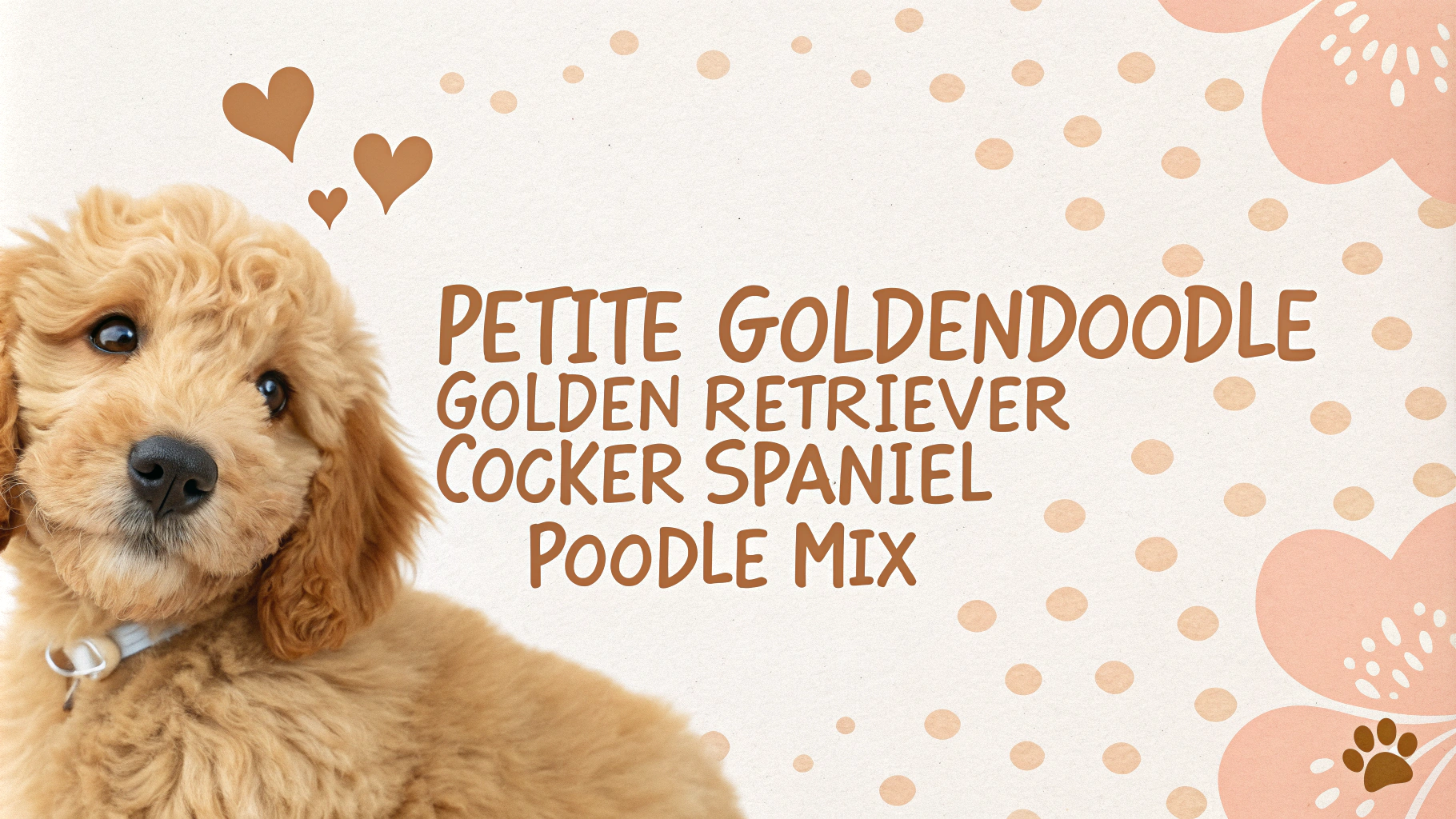The Affenhuahua is a designer dog breed that combines the Affenpinscher and the Chihuahua. This small, energetic mix inherits traits from both parent breeds, resulting in a unique and charming companion. Affenhuahuas are known for their intelligence, loyalty, and sometimes feisty personalities. Due to their small size and adaptable nature, they can thrive in various living environments, making them popular choices for urban dwellers and apartment residents.
Key Facts
- Size: Small, typically weighing between 4-12 pounds
- Life Expectancy: 12-16 years
- Coat: Can vary from short to medium length, often wiry or smooth
- Colors: Wide range, including black, brown, white, cream, and various combinations
- Temperament: Intelligent, loyal, alert, and sometimes stubborn
- Good with Children: Better suited for families with older children
- Training: Can be challenging due to their independent nature
- Exercise Needs: Moderate; daily walks and playtime required
Character Traits
Affenhuahuas inherit a blend of personality traits from their Affenpinscher and Chihuahua parents, resulting in a unique and often spirited temperament. These small dogs are known for their intelligence, loyalty, and alertness. They often form strong bonds with their owners and can be quite protective, despite their diminutive size. Affenhuahuas tend to be confident and fearless, sometimes displaying a “big dog” attitude in a small package.
While generally friendly, they may be wary of strangers and can be vocal, making them excellent watchdogs. Their temperament can lean towards being stubborn and independent, traits inherited from both parent breeds. This mix often displays a playful and energetic nature, enjoying interactive games and activities with their family members.
Affenhuahuas may inherit the Chihuahua’s tendency to bond closely with one person, though they can still be affectionate with the entire family. They can be good with children, but due to their small size and sometimes feisty nature, supervision is recommended, especially with younger kids. Early socialization is crucial to help them develop into well-rounded adult dogs and to mitigate any potential aggression or excessive barking tendencies.
History & Origins
The Affenhuahua is a relatively new designer dog breed, likely originating within the last few decades as part of the growing trend of creating mixed breed dogs. While the exact origins of the Affenhuahua are not well-documented, we can gain insight into its background by looking at the history of its parent breeds.
The Affenpinscher, one of the parent breeds, has a long history dating back to the 17th century in Germany. Originally bred to be ratters in kitchens, stables, and shops, Affenpinschers later became popular companion dogs among ladies in France and Germany. Their name translates to “monkey terrier” in German, referring to their facial appearance.
The Chihuahua, the other parent breed, is one of the oldest dog breeds in the Americas. Originating in Mexico, Chihuahuas are believed to descend from the Techichi, a small, mute dog kept by the Toltec civilization. They were later refined by the Aztecs and Spanish conquistadors, eventually becoming popular worldwide as companion dogs.
The intentional crossing of these two breeds to create the Affenhuahua likely began in the United States, where designer dogs gained popularity in the late 20th and early 21st centuries. Breeders aimed to combine the Affenpinscher’s terrier-like qualities with the Chihuahua’s compact size and loyal nature. While not recognized by major kennel clubs, the Affenhuahua has gained a following among dog enthusiasts seeking a small, charming, and unique companion.
Health Concerns
The Affenhuahua may inherit health issues from both parent breeds. Common concerns include:
- Dental problems due to their small mouths
- Patellar luxation (kneecap dislocation)
- Heart issues, including heart murmurs
- Hypoglycemia, especially in smaller individuals
- Eye problems such as cataracts or progressive retinal atrophy
Regular veterinary check-ups are crucial to monitor these potential issues. Dental care is particularly important, as small breeds are prone to tooth decay and gum disease. Owners should also be vigilant about their dog’s weight, as obesity can exacerbate joint problems and heart conditions.
Exercise Needs
The Affenhuahua is a small, energetic dog with moderate exercise needs. Daily exercise recommendations include:
- Two 15-20 minute walks
- Interactive playtime with toys
- Short indoor or outdoor play sessions
While they don’t require extensive exercise, regular activity is important to maintain their physical and mental health. These dogs enjoy both indoor and outdoor play, making them adaptable to various living situations. However, due to their small size, care should be taken not to over-exercise them, especially in hot weather. Mental stimulation through puzzle toys and training sessions is also beneficial for this intelligent mix.
Space Requirements
The Affenhuahua is well-suited to various living environments due to its small size. Ideal living situations include:
- Apartments or small homes
- Houses with small yards
- Urban or suburban settings
These dogs don’t require a large living space, making them excellent companions for city dwellers or those in compact homes. However, they do benefit from having a dedicated area for play and rest. A small, securely fenced yard can provide an ideal space for outdoor exploration, but it’s not essential. Indoor living is perfectly suitable as long as they receive adequate exercise and mental stimulation. It’s important to note that despite their small size, they may have a tendency to bark, which should be considered in apartment settings.
Nutrition & Feeding
Proper nutrition is crucial for the health and well-being of the Affenhuahua. Key feeding considerations include:
- High-quality small breed dog food
- Portion control to prevent obesity
- Frequent small meals to prevent hypoglycemia
- Avoiding human food and excessive treats
The Affenhuahua’s small size means they have a fast metabolism and may require more calories per pound than larger breeds. However, their small stomachs necessitate smaller, more frequent meals. A diet formulated for small breeds is recommended, as it provides the right balance of nutrients in appropriately sized kibble. Puppies should be fed a growth formula until they reach adulthood. As adults, they typically require 1/4 to 1/2 cup of dry food per day, divided into two or three meals. Always provide fresh water and consult with a veterinarian for personalized feeding advice, especially if the dog has any health issues or special dietary needs.
Grooming Tips
The Affenhuahua typically has a short to medium-length coat that can be either smooth or slightly rough, depending on which parent breed’s traits are more dominant. Regular brushing, about 2-3 times a week, is usually sufficient to keep their coat healthy and reduce shedding. Bathing should be done as needed, typically every 4-6 weeks, using a mild dog shampoo to avoid skin irritation.
Pay special attention to the following areas:
- Eyes: Clean around the eyes regularly to prevent tear stains, especially common in lighter-colored dogs.
- Ears: Check and clean the ears weekly to prevent infections.
- Teeth: Brush teeth 2-3 times a week to maintain good oral hygiene and prevent dental issues.
- Nails: Trim nails every 2-3 weeks or as needed to prevent overgrowth and discomfort.
If the Affenhuahua inherits the Affenpinscher’s beard-like facial hair, it may require more frequent cleaning to prevent food and debris buildup. Regular grooming sessions also provide an opportunity to check for any skin issues, lumps, or abnormalities.
Training Approach
Training an Affenhuahua requires patience, consistency, and positive reinforcement techniques. These intelligent and sometimes stubborn dogs respond best to reward-based training methods. Early socialization is crucial to help them develop into well-rounded adults and prevent potential small dog syndrome.
Key training considerations include:
- Short training sessions: Keep training sessions brief (5-10 minutes) but frequent to maintain their attention.
- Positive reinforcement: Use treats, praise, and play as rewards for good behavior.
- Consistency: Establish clear rules and boundaries, and ensure all family members follow them.
- Patience: Both parent breeds can be stubborn, so remain patient and persistent in training efforts.
- Socialization: Expose them to various people, animals, and environments from an early age.
Focus on basic obedience commands like sit, stay, come, and leave it. Housetraining may require extra patience, as small breeds can be challenging to housetrain. Crate training can be beneficial for both housetraining and providing a safe space for the dog. Address any signs of excessive barking or possessiveness early on through proper training and socialization.
